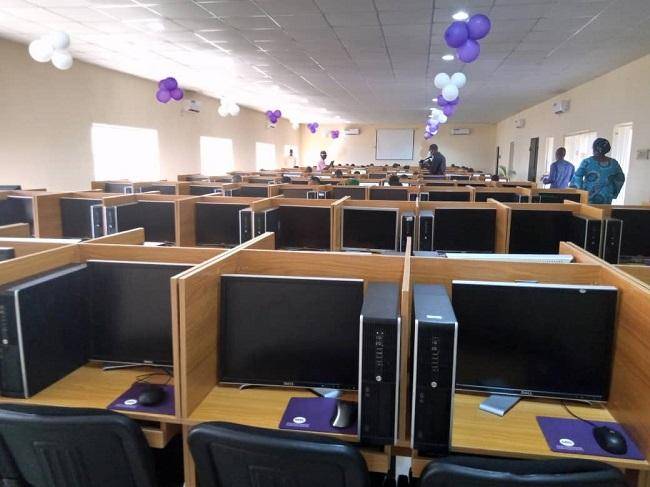JAMB has revealed that it will be delisting all Computer-Based Test Centres that failed during the 2022 UTME exercise. Consequently, all centres which were not able to perform optimally to the approved capacities leading to the painful reduction of their capacities to conduct the 2022 UTME to specification would also be delisted.
However, those centres which experienced the same challenges the previous year but were pardoned yet failed to address their failings would be permanently delisted. The Board, in a statement at the end of its post-examination Management committee meeting, stated that the drastic measure became imperative as the preparations for the 2023 UTME began right from the last day of the 2022 examination. The statement noted with satisfaction that in general, the 2022 UTME was adjudged to be better by far in terms of not only the least number of malpractice cases ever recorded but also in the overall deliverables of the exercise. The Board expressed its readiness to surpass this record in subsequent exercises.

Meanwhile the board has revealed that to be approved as a fresh Computer-Based Test centre to participate in the conduct of the UTME hence forth such a centre must be fitted solely with laptops having a minimum of 14 inch monitor before securing necessary approval. This is to put prospective CBT applicants on notice as no CBT centre applicant with desktop computers would be approved going forward.
This measure became necessary on account of reported cases of power challenges in a few centres and, therefore, resolved on this measure to ensure that no centre fails as a result of power outage in the future. In the same vein, the Board enjoined both new and old centres to acquire alternative power sources like inverters and solar rather than depending solely on generators.
In addition, the board is phasing out the use of zero thin client computers from the conduct of its UTME. It is to be noted that zero thin client systems owe all their operational existence to a server. Hence, the major drawback against a zero thin-client configuration is that once the memory of the server is exhausted or if there is any network disruption, all connected users are simultaneously affected thereby impacting multiple candidates at once in the centre. This policy direction is one of the measures being contemplated to holistically address the issue of examination disruptions.
Consequently, the Board, in consideration of the immense benefits to candidates and centres alike, is requesting its partnering centres to begin to plan towards obtaining mini PCs which are not only cheap to procure and easy to operate but also more efficient in terms of power consumption.

comment for clear details